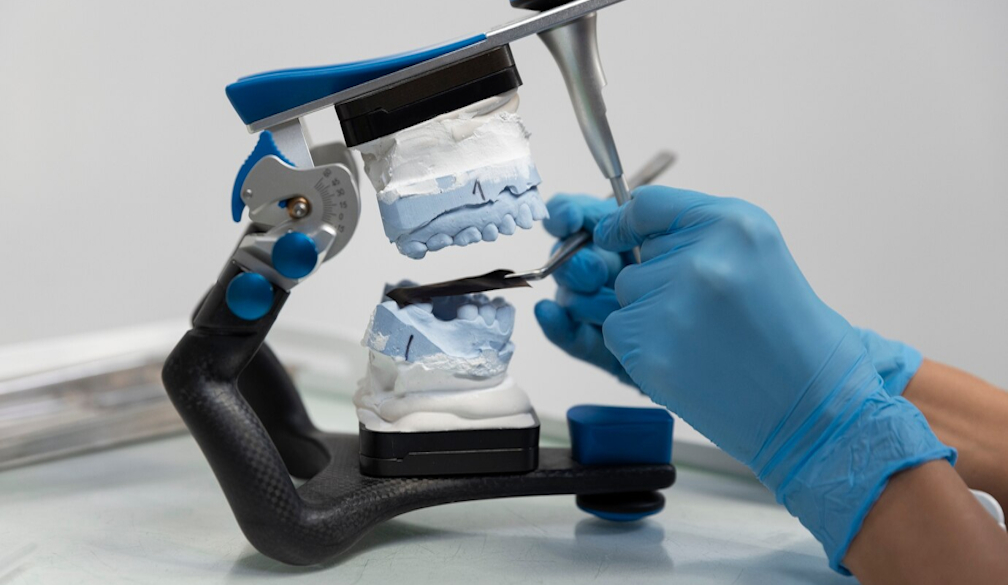Navigating the World of Wisdom Teeth Extraction: A Comprehensive Guide

Ah, wisdom teeth. Those late-blooming molars that often arrive with a bang, or rather, a painful throb. If you're experiencing discomfort, swelling, or have been told you need a wisdom teeth extraction, you're not alone. This common procedure is a rite of passage for many, and understanding what's involved can significantly ease your anxiety.
Let's dive into the world of wisdom teeth and explore everything you need to know about their extraction.
What Are Wisdom Teeth, and Why Do They Cause Problems?
Wisdom teeth, or third molars, are the last set of molars to erupt, typically appearing between the ages of 17 and 25. While some individuals have ample space for these teeth to emerge without issue, many face challenges due to modern jaw sizes. Our ancestors, with their larger jaws, likely benefited from these extra molars for grinding tougher foods. Today, however, our jaws are often too small to accommodate them, leading to:
- Impaction: This occurs when the wisdom teeth become trapped beneath the gums or bone, unable to fully erupt.
- Partial Eruption: When a tooth only partially breaks through the gum, it creates a pocket where bacteria can thrive, leading to infection.
- Misalignment: Wisdom teeth can grow at awkward angles, pushing against existing teeth and causing crowding, damage, or bite problems.
- Cysts or Tumors: In rare cases, cysts or tumors can develop around impacted wisdom teeth, causing further complications.
Signs You Might Need a Wisdom Teeth Extraction:
Recognizing the signs that your wisdom teeth are causing trouble is crucial. Common symptoms include:
- Pain or tenderness in the back of the jaw.
- Swelling of the gums.
- Redness or inflammation around the gum line.
- Difficulty opening your mouth.
- Bad breath or an unpleasant taste in your mouth.
- Headaches or jaw aches.
If you experience any of these symptoms, it's essential to consult your dentist or oral surgeon for an evaluation.
The Wisdom Teeth Extraction Procedure: What to Expect:
The wisdom teeth extraction procedure is typically performed by an oral surgeon. Here's a general overview of what you can expect:
- Consultation and X-rays: Your dentist will take X-rays to assess the position and condition of your wisdom teeth. This helps determine the complexity of the extraction.
- Anesthesia: You'll receive anesthesia to ensure a comfortable and pain-free experience. Options include local anesthesia (numbing the area), sedation anesthesia (making you relaxed), or general anesthesia (putting you to sleep). The choice depends on the complexity of the extraction and your comfort level.
- Extraction: The surgeon will make a small incision in the gum tissue to expose the tooth. If the tooth is impacted, it may be sectioned into smaller pieces for easier removal.
- Cleaning and Sutures: After the tooth is removed, the area is cleaned, and sutures (stitches) may be placed to promote healing. Gauze is then placed over the extraction site to control bleeding.
Post-Extraction Care: A Smooth Recovery:
Proper post-extraction care is crucial for a smooth and comfortable recovery. Here are some essential tips:
- Manage Pain: Your surgeon will prescribe pain medication to manage discomfort. Over-the-counter pain relievers can also be helpful.
- Control Bleeding: Apply gentle pressure to the gauze pads for the recommended duration. Avoid spitting or rinsing vigorously.
- Reduce Swelling: Apply ice packs to your face for 15-20 minutes at a time, several times a day, for the first few days.
- Rest and Relaxation: Rest for the first few days after the procedure. Avoid strenuous activities.
- Soft Food Diet: Stick to soft foods like yogurt, mashed potatoes, and smoothies for the first few days. Gradually introduce solid foods as you heal.
- Oral Hygiene: Gently rinse your mouth with warm salt water after 24 hours. Avoid brushing the extraction sites for the first few days.
- Avoid Smoking and Alcohol: Smoking and alcohol can impede healing and increase the risk of complications.
- Follow-up Appointments: Attend all scheduled follow-up appointments with your surgeon to ensure proper healing.
Potential Complications:
While wisdom teeth extraction is generally safe, potential complications can occur, including:
- Dry Socket: This painful condition occurs when the blood clot at the extraction site is dislodged, exposing the bone and nerves.
- Infection: Bacteria can enter the extraction site, leading to infection.
- Nerve Damage: In rare cases, the nerves near the wisdom teeth can be damaged, causing numbness or tingling in the lip, chin, or tongue.
- Sinus Issues: If the upper wisdom teeth are close to the sinuses, extraction can sometimes cause sinus problems.
When to Seek Professional Help:
Contact your surgeon immediately if you experience:
- Severe pain that doesn't subside with medication.
- Excessive bleeding.
- Signs of infection, such as fever, swelling, or pus.
- Numbness or tingling that persists.
- Difficulty swallowing or breathing.
In Conclusion:
Wisdom teeth extraction can seem daunting, but with proper preparation and post-operative care, it can be a relatively smooth process. By understanding the procedure, recognizing the signs of potential problems, and following your surgeon's instructions, you can ensure a comfortable and successful recovery. Don't hesitate to ask your dentist or oral surgeon any questions you may have. They are there to guide you through the process and ensure your oral health.





